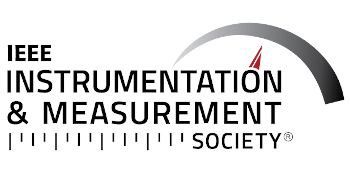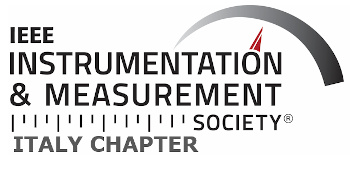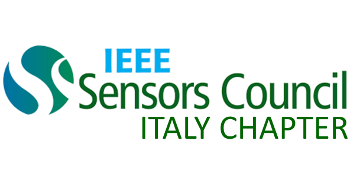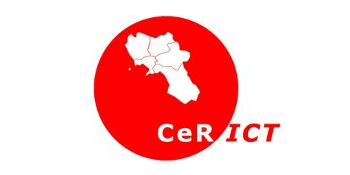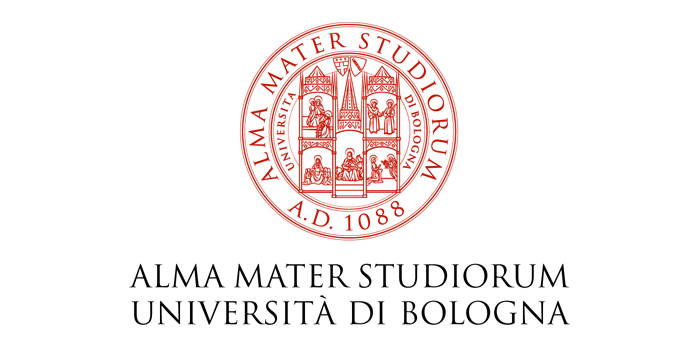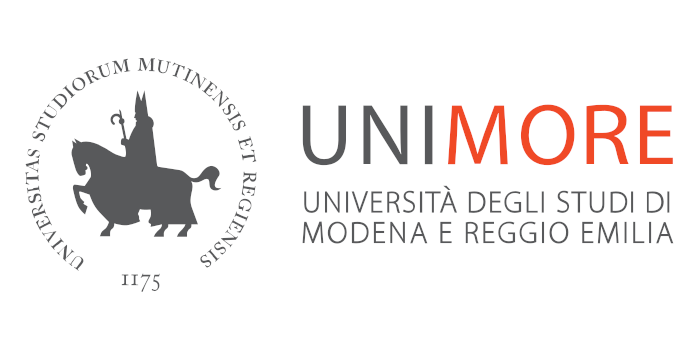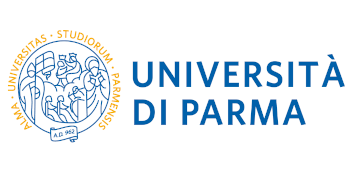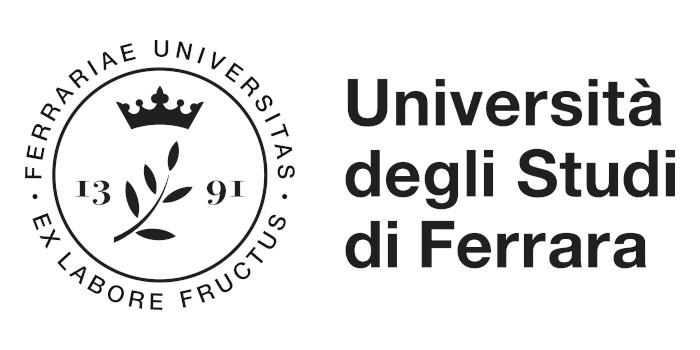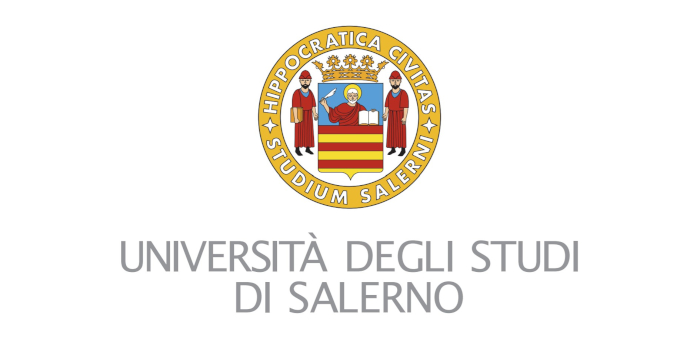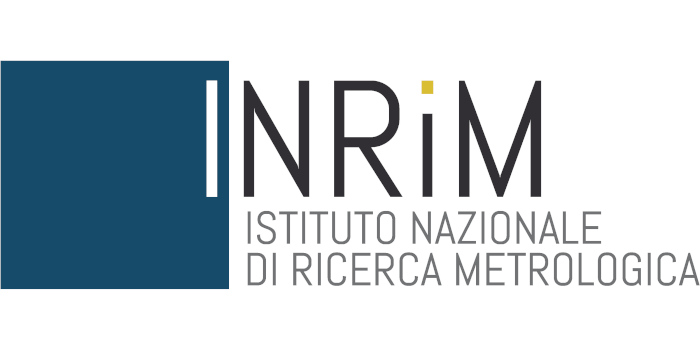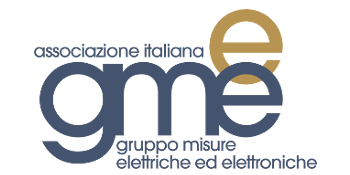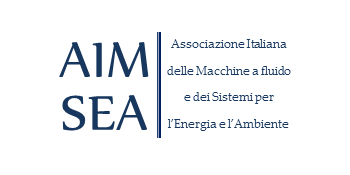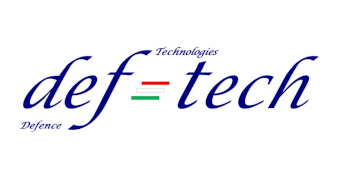Sensors and Instruments for Improving the Sustainability of e-vehicles on the Distribution Grid
ORGANIZED BY
Stefano Rinaldi
University of Brescia, Italy
Marco Pasetti
University of Brescia, Italy
ABSTRACT
The increasing pressure towards decarbonized and sustainable energy systems is heavily affecting the transportation sector, which is progressively called for a radical shift from traditional Internal Combustion Engines (ICEs) towards greener solutions. From this perspective, Electric Vehicles (EVs) are generally considered one of the most promising solution, thanks to their independence from the primary energy source, and to the total absence of direct Greenhouse Gases (GHG) and pollutant emissions. EVs, in fact, avoid the direct combustion of fossil fuels, and might also help to mitigate the drawbacks caused by intermittent Renewable Energy Sources (RESs), e.g., by potentially acting as storage solutions.
Several research streams have recently proposed advanced optimization strategies for the integration of EVs in smart grids. The application of Internet of Things (IoT) paradigm, and in particular of some of the services offered by industrial-grade IoT, to EV is going to make available a large amount of information, which can be exploited for improving the integration into smart grids. A particular interest has been paid to the integration and optimization of EV charging processes in presence of distributed generation (e.g., from photovoltaic and from wind power plants), and variable electricity tariffs, by forming the so-called smart charging concept.
This special session welcomes research papers about sensors and distributed measurement systems enabling the smart charging concept.
TOPICS
Topics of interest for this Special Session includes, but are not limited to:
- design and characterization of sensors and measurement systems for sensing the e-vehicle consumption
- design and characterization of sensors and measurement systems for monitoring driving style
- communication infrastructures enabling V2X
- design and characterization of sensors and measurement systems for monitoring charging stations
- artificial intelligence, machine learning and data fusion algorithms for sensor generated signals
ABOUT THE ORGANIZERS
Stefano Rinaldi received the M.S. degree (Hons.) in electronic engineering and the Ph.D. degree in electronic instrumentation from the University of Brescia, Brescia, Italy in 2006 and 2010, respectively. He is Senior Assistant Professor with the Department of Information Engineering, University of Brescia. His current research interest includes industrial real-time Ethernet network, Smart Grids, Internet of Things, time synchronization methods, FPGA SoC design, Linux embedded systems, cognitive buildings, electric vehicles and charging systems. He is member of IEEE1588 WG.
Marco Pasetti received the M.Sc. degree in industrial engineering and the Ph.D. degree in mechanical engineering from the University of Brescia, Brescia, Italy, in 2008 and 2013, respectively. He is currently Assistant Professor of electrical energy systems with the Department of Information Engineering, University of Brescia. His main research interests include distributed energy systems, renewable energy sources, energy storage, electric vehicles, and supervisory control systems.

